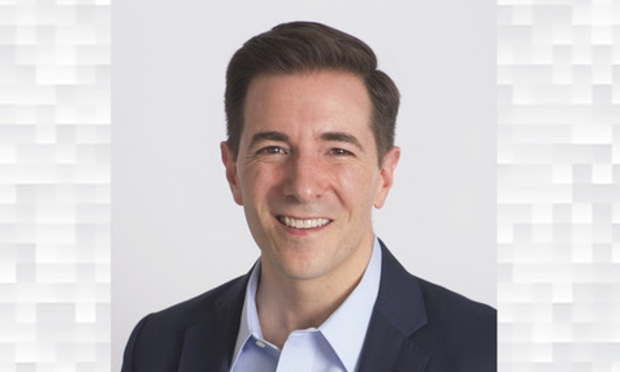For example, the Trump Environmental Protection Agency has failed to comply with its legal obligations to protect clean air and water; the administration has defunded and undermined the authority of the Consumer Financial Protection Bureau; the administration has unlawfully attempted to rescind the Deferred Action for Childhood Arrivals; and the administration has supported the Concealed Carry Reciprocity Act. The act, if passed, would undermine Connecticut’s gun safety laws. Trump’s Federal Communications Commission has unlawfully repealed net neutrality, which will result in the limitation and pricing of internet content. All of these things are subject to legal challenge, and should be.
Of particular concern to me, and to many attorneys, has been Trump’s assault on the rule of law, evidence-based inquiry and objective truth itself. His attacks on the Justice Department and the media, along with his suggestions that he is not bound by traditional legal norms, have undermined public confidence in the institutions that have traditionally been a check on the abuse of power. I believe that part of my responsibility as attorney general is to oppose this trend by informing the public about the threat such behavior poses to our democracy.
CLT: You are probably best known to Connecticut residents as one of two federal prosecutors who won the second criminal conviction on corruption charges against former Gov. John Rowland. What is the most important lesson you learned from that prosecution and how can that help you as attorney general.
Mattei: I’ve learned more lessons from the cases I’ve lost than the cases I’ve won. First, I want to say that the conduct of Mr. Rowland and his co-conspirators would have never come to light were it not for the work of extremely dedicated investigators with the U.S. Postal Inspection Service and the persistence and insight of former Assistant U.S. Attorney Liam Brennan.
One lesson that I learned from supervising and trying that case was that some cases just need to be tried, especially the hard ones. Many factors within our justice system incentivize resolution short of trial: fewer attorneys with trial skills, the cost of trial litigation and stretched judicial resources to name a few. But trials occupy a very important position in our system of justice. They discipline investigators and prosecutors. They convey to the public that our system of justice is transparent and worthy of confidence. And they resolve important issues of law.
As attorney general, I will encourage our office to prepare every case as if it is going to trial and, where fairness and the facts allow, to try those cases with my full support and with adequate resources. The Attorney General’s Office should be a leader in advancing the cause of justice in courtrooms across our state, and trials are a critical element of that effort.


 Chris Mattei, Connecticut attorney general candidate. Courtesy photo
Chris Mattei, Connecticut attorney general candidate. Courtesy photo





